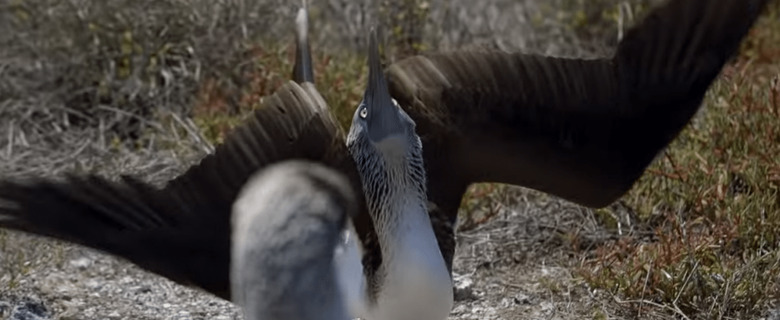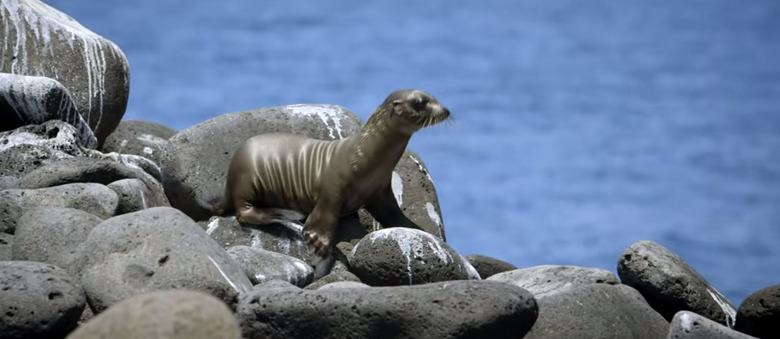Galapagos Islands' Wolf Volcano Erupts For First Time In 33 Years
Wolf Volcano erupts on one of the Galapagos Islands for the first time in 33 years, threatening very little life in the process. While you'll see quite a few headlines today suggesting that "Darwin's Island animals are about to die," in fact this particular eruption on Isla Isabela is doing more good than harm. As with all eruptions in recent decades, this entirely natural process will destroy vegetation and very few animals – and no humans – as molten lava runs down the edge of Wolf Volcano.
Local officials will not be attempting to interfere with the flow of the lava in any way, and no human life is at risk. The nearest town on the island is 115 kilometers south. This town, Isla Isabela's Puerto Villamil, is a port near the southeastern edge of the island. With several massive volcanoes on the island – 5, to be exact – it should come as no surprise that Isla Isabela isn't exactly teeming with human life.

Speaking with ABC News this week, director of the Center for Galapagos Studies at the University of North Carolina Steve Walsh suggested that "We seem to be excited about a volcano, but the Galapagos are under siege by a lot of different things."
One of those things is human tourism. According to the World Wildlife Foundation's Hugo Arnal, the population of the islands has gone from 22-23,000 people to 26,000 people in the last couple of years.
"As tourism develops, the population increases," said Arnal, "basically as you have more tourists, you need more services."
"You need more food, you need more energy. And at the same time as the local population increases, because there are more economic opportunities, etc. ... for a country that depends on tourism as the 4th main income of revenue, that is an important issue."

Above and below: the Galapagos Islands are home to many rare and endangered species, as well as strange and wonderful animals from seals to birds of paradise.

Invasive species – other animals, that is – is another big threat to species on the islands.
Arnal also mentioned that climate change is one of several items the WWF in the area considers when planning conservation efforts.
